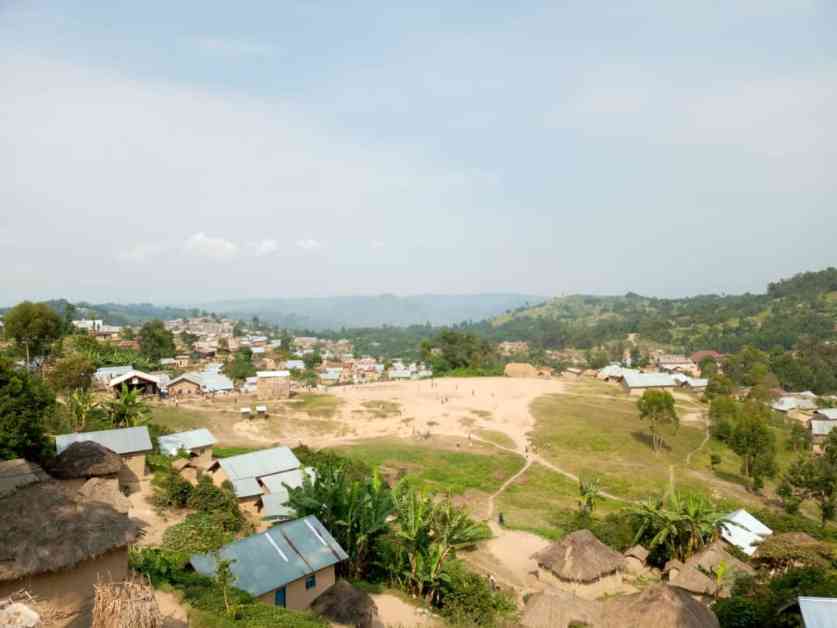Women’s organizations in the Lubero territory of North Kivu have spoken out against the cohabitation of soldiers from the Armed Forces of the DRC (FARDC) with underage girls in Lubero-Centre, a rural commune located about 75 km from the city of Butembo. These organizations claim to have documented several incidents that resemble acts of rape against minors, explaining that girls aged between 15 and 17 are living together in concubinage with FARDC soldiers since July.
Since the occupation of the cities of Kanyabayonga, Kirumba, and Kayina by M23 rebels, many FARDC soldiers have been stationed in Lubero-Centre, with many of them living within the community rather than in camps. According to Hélène Makule, the coordinator of the Women’s League of North Kivu based in Lubero, this situation constitutes rape under Congolese law. She emphasizes that having sexual relations with individuals under the age of 18 is punishable, stating, “Soldiers do not consider the age of the girls, aged 15 to 17, they think they have found women when our law prohibits this. We have already seen cases of rape because any sexual relationship with anyone under 18 is rape.”
In response to these accusations, Colonel Alain Kiwewa, the administrator of the Lubero territory, has announced that investigations are underway to verify these claims. He stated, “We are conducting investigations to verify if these allegations are true. Soldiers who commit these kinds of offenses, such as rape, will be handed over to the justice system to answer for their actions.”
It is essential to address the issue of sexual exploitation and abuse, especially when it involves vulnerable minors. The cohabitation of soldiers with underage girls raises serious concerns about the protection of children in conflict-affected areas. It is crucial for authorities to take swift and decisive action to hold accountable those responsible for such egregious violations of human rights.
Furthermore, women’s organizations play a vital role in advocating for the rights and protection of women and girls in communities affected by conflict. Their efforts to document and report cases of abuse are crucial in holding perpetrators accountable and seeking justice for the victims. By raising awareness and mobilizing support, these organizations contribute to creating a safer and more secure environment for vulnerable populations.
In conclusion, the allegations of soldiers cohabitating with underage girls in Lubero-Centre highlight the urgent need for intervention to protect the rights and well-being of vulnerable minors. The commitment of authorities to investigate and address these allegations is a crucial step towards ensuring accountability and upholding the rule of law in conflict-affected areas. It is essential to prioritize the protection of children and prevent further instances of sexual exploitation and abuse in the region.

















